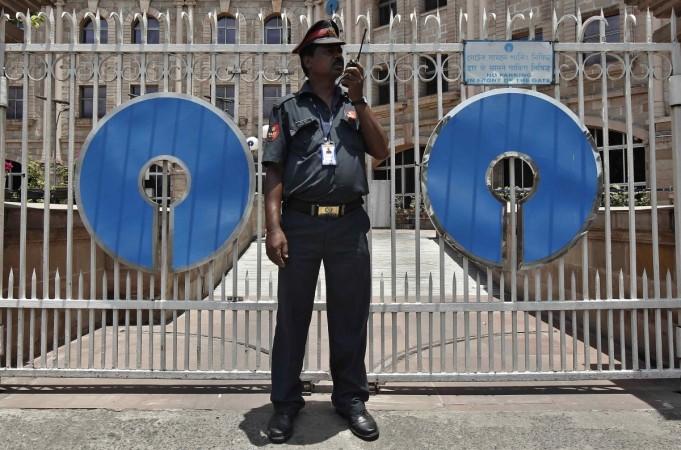
Although technology has revolutionised the way the banking sector works, frauds in this segment continue to rise with the number of such incidents rising by over 10% in the past two years, according to a study by a consultancy firm.
"While the banking sector has been amongst the first sectors in India to adopt technology for business expansion and ease, they have not yet leveraged technology to the maximum extent as part of their fraud risk mitigation efforts," said KV Karthik, senior director, Deloitte Forensic.
The firm says the banks also saw frauds being carried out with increased sophistication as they upgrade their technology.
"Retail banking was identified as a major contributor to fraudulent incidents, with a majority of respondents indicating that they had experienced more than 50 fraud cases in the retail banking segment in the last two years, with an average fraud loss of around Rs 10 lakh per incident," the firm said.
Frauds encountered in the non-retail segment averaged 10 over two years, incurring a loss of about Rs 2 crore in each such incident, it added.
Some of the reasons for the increase in fraud include lack of oversight by line managers or senior management on deviations from existing processes, business pressures to meet unreasonable targets, lack of tools to identify potential red flags, and collusion between employees and external parties.
"Traditionally banks have relied on guidance from the Reserve Bank of India (RBI) to develop their fraud control policies. However, in light of the changing fraud landscape – such as rise in technology facilitated frauds – it is important that banks also focus on periodically assessing fraud risks and tweaking their fraud control policies to cover these risks. For instance, only few banks appear to have a robust policy on combating phishing and identity theft," Karthik said.
While diversion and siphoning of funds are identified as common causes of frauds in corporate banking, fraudulent documentation and absence/over-valuation of collateral were found be the key reasons for frauds in retail bank, the report said.
"While fraud is not a subject that any organisation wants to deal with, the reality is that most organisations experience fraud to some degree. The important thing to note is that dealing with fraud can be constructive, and forward-thinking, and can position an organisation in a leadership role within its industry or business segment," Karthik added.

















